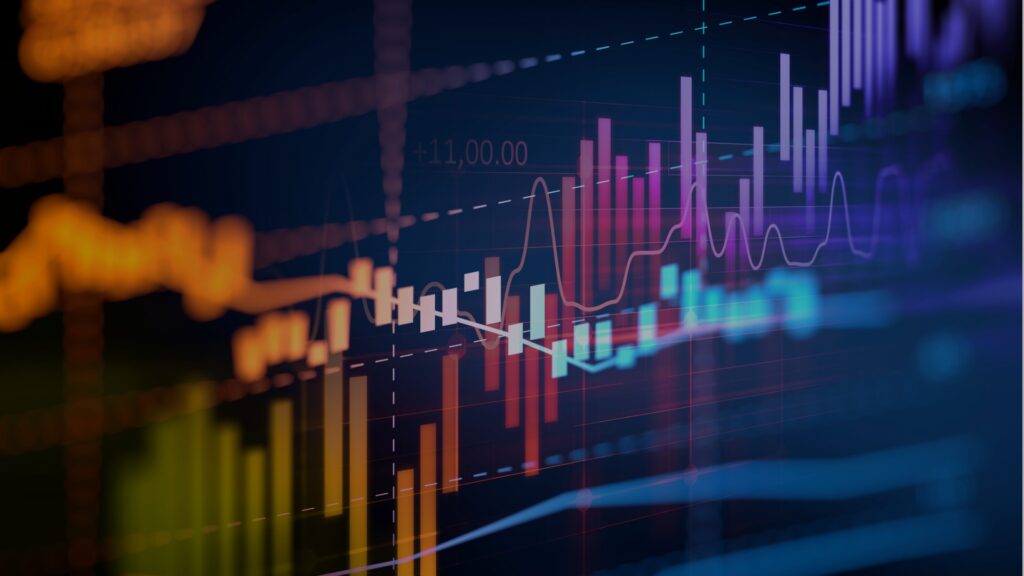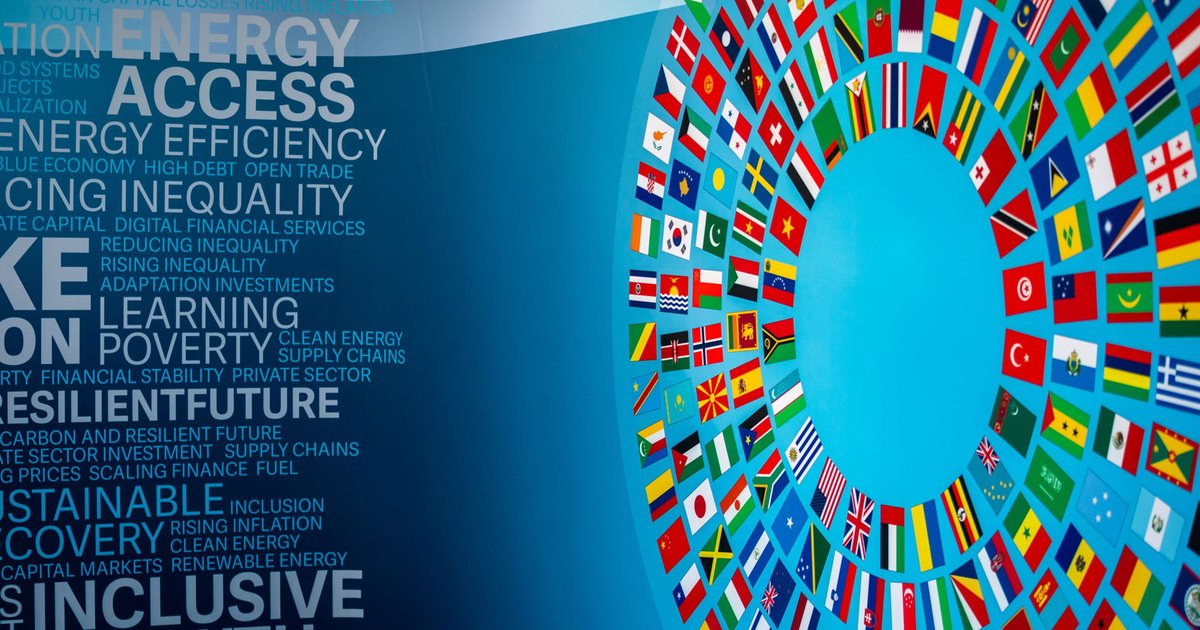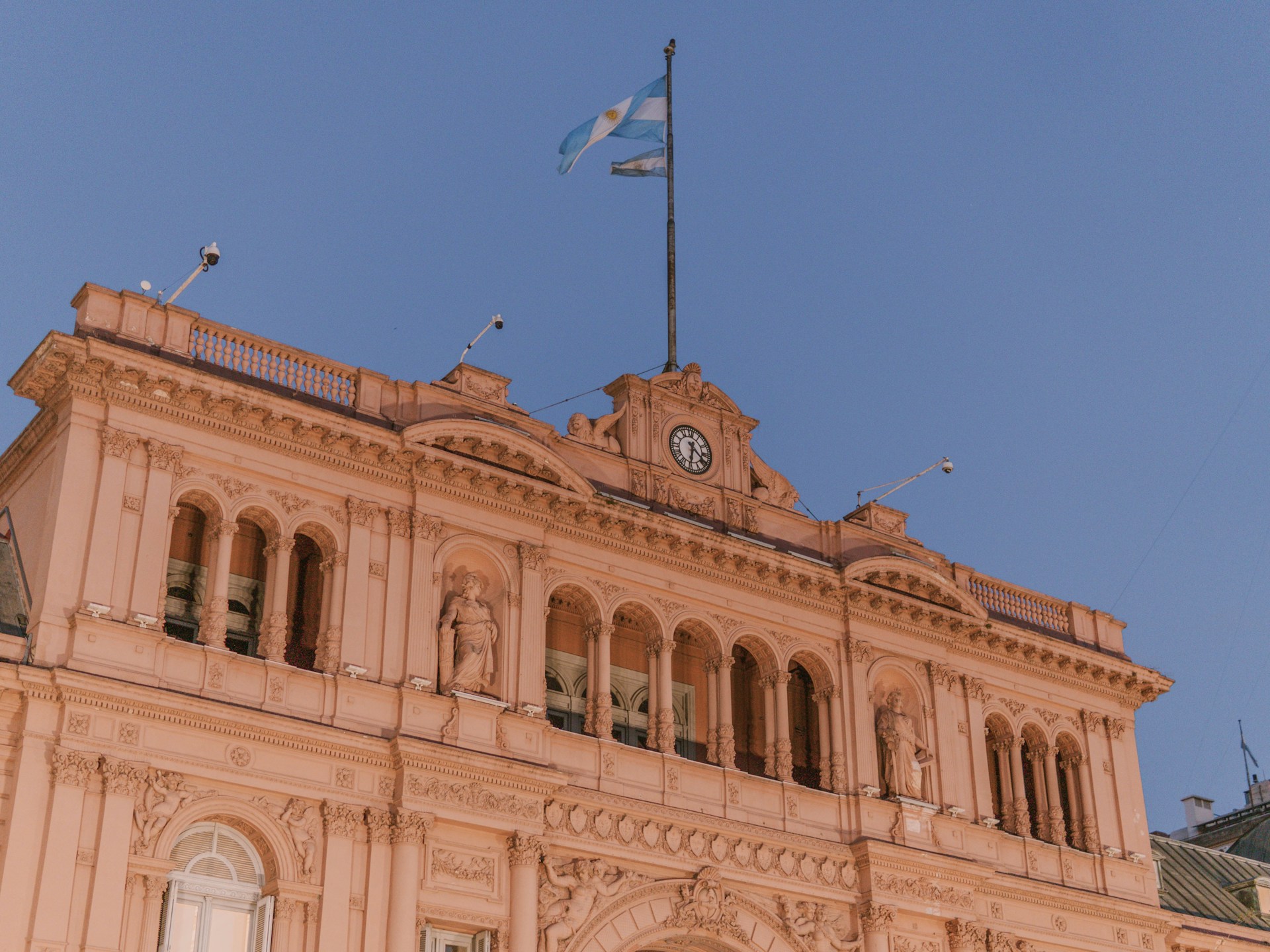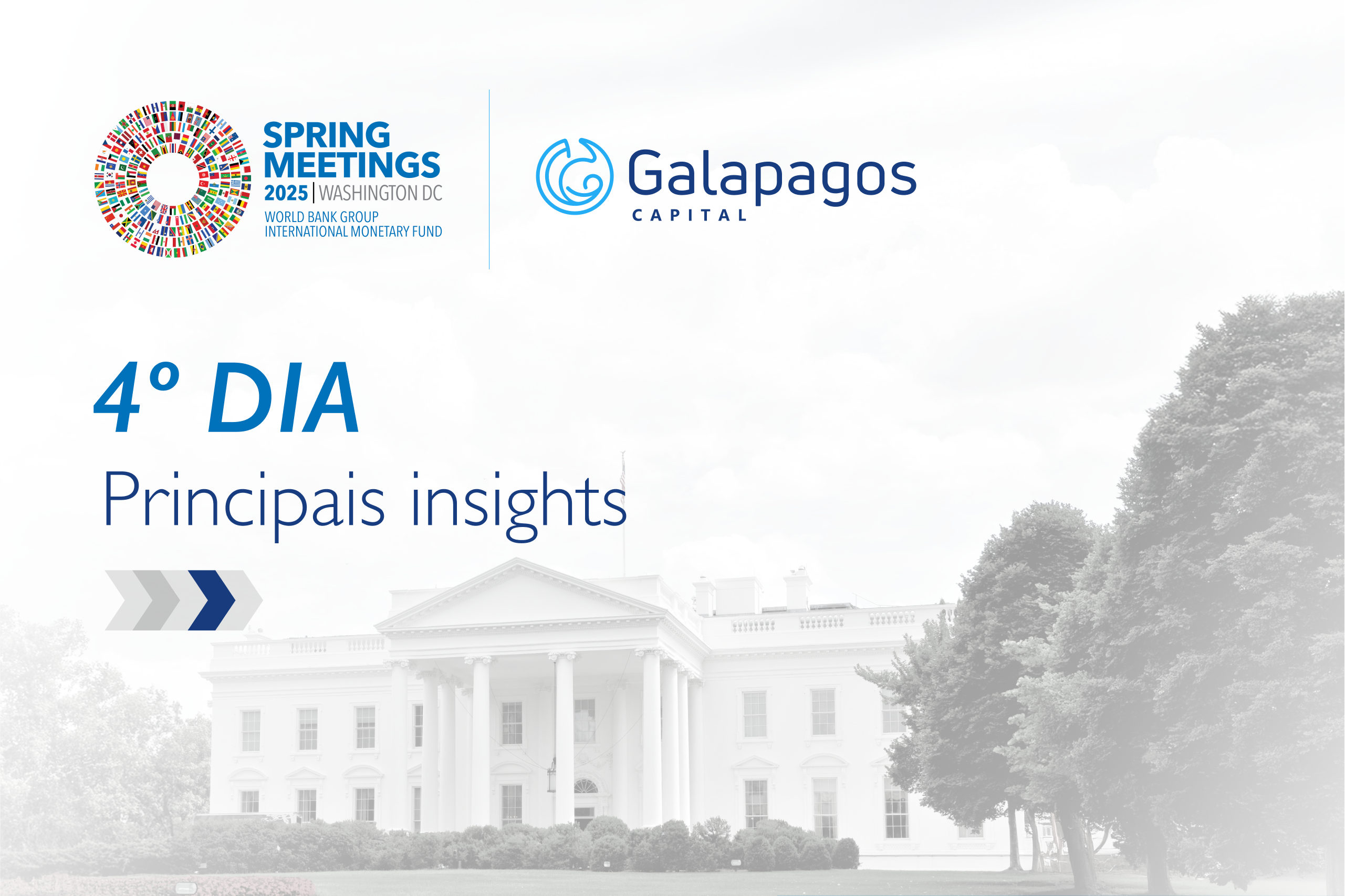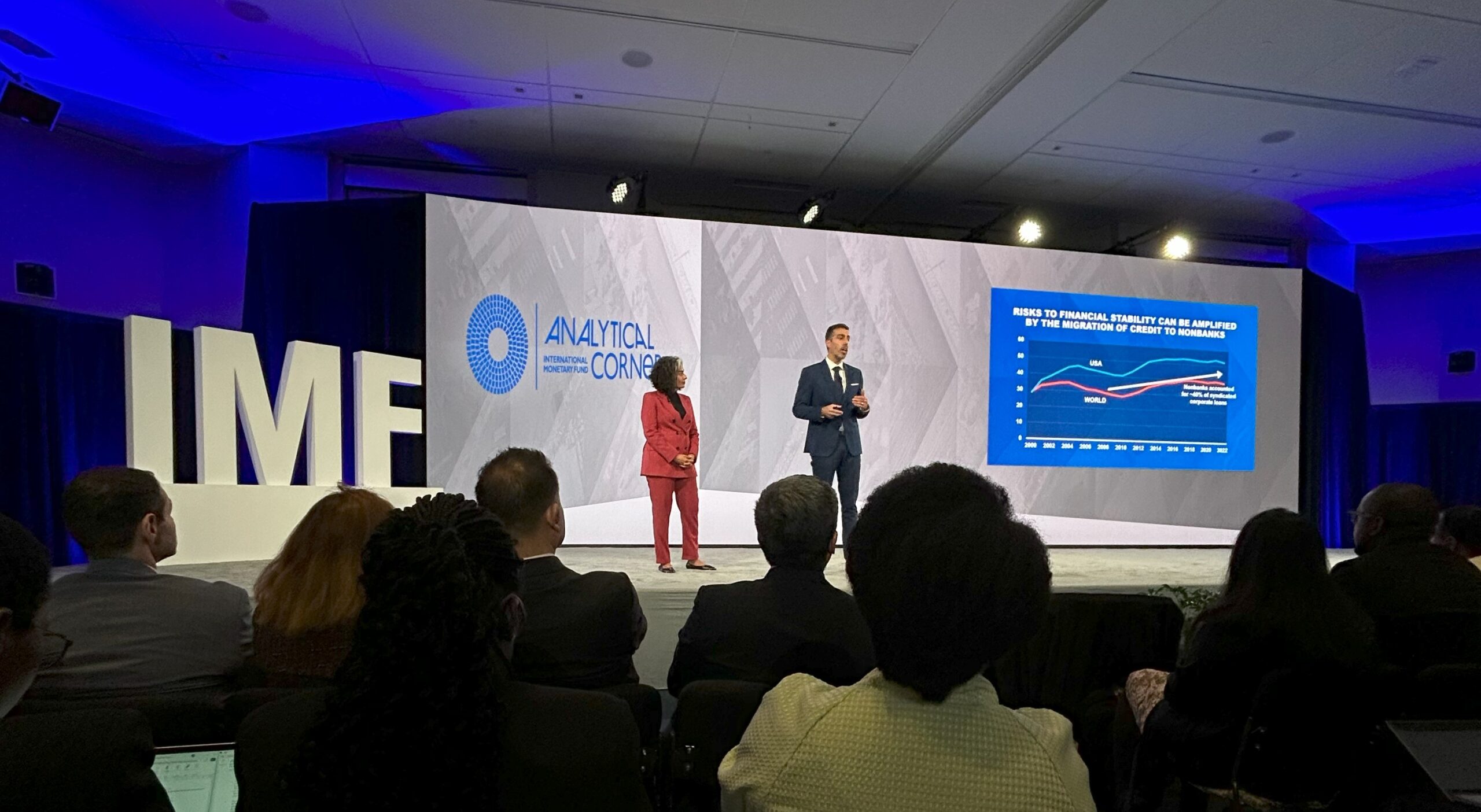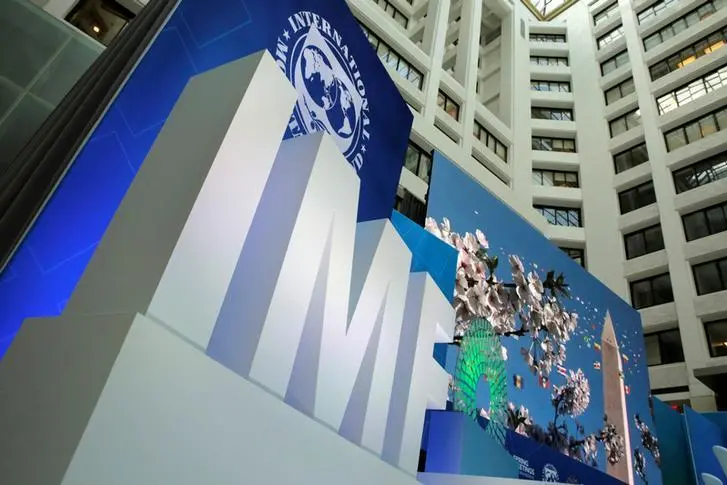“It’s time to put the house in order.” That was the message delivered by International Monetary Fund Managing Director Kristalina Georgieva during the presentation of the IMF’s new Policy Agenda in Washington, D.C. Georgieva emphasized that the global economic landscape remains challenging, and that countries must respond with fiscal discipline, multilateral coordination, and structural reforms to enhance resilience.
“Managing trade-offs between inflationary pressures and economic activity will be difficult for all countries – especially for low-income economies. It is necessary to protect strategic investments, rebuild reserves, and increase spending efficiency,” she stated.
The warning came amid growing concern over deteriorating global growth prospects. According to the IMF, persistent inflation, trade tensions, and rising geopolitical risks are reshaping the landscape, requiring growth to be accompanied by a stronger capacity to absorb shocks.
A Technical Briefing, Political Signals
The panel also explored the IMF’s evolving role in areas such as climate, gender equity, and social inclusion. While Georgieva’s tone was technical, the message carried clear political implications. Responding to recent U.S. criticism that the IMF is pursuing “parallel missions” by engaging with climate and gender issues, Georgieva reaffirmed the Fund’s core mandate—ensuring macroeconomic and financial stability—but noted that modern vulnerabilities such as extreme weather events now directly affect countries’ balance of payments and therefore cannot be excluded from policy discussions.
“When Caribbean nations are devastated by climate shocks, the question becomes: how can we build more resilience? That’s what we’re discussing. And I’ll say this—I agree with the Secretary on one point: this is a complex world, with immense challenges of all kinds. We are a small institution, but a highly disciplined one. Our current budget, in real terms, is the same as it was 20 years ago. So yes, we need to focus—which is exactly why we engage so closely with our member countries, to make the most effective use of the Fund’s staff and resources,” Georgieva explained.
China, Argentina, and Africa: What to Watch
- China: The IMF downgraded its growth forecast from 4.6% to 4.0%. While recent stimulus efforts were acknowledged, the Fund reiterated the need for structural rebalancing, emphasizing the importance of domestic consumption, reduced state intervention, and a definitive resolution to the property sector crisis.
- Argentina: The tone was notably optimistic. Georgieva praised the country’s current economic policy and its progress in reducing inflation and poverty. “This time, there seems to be genuine determination to get the economy back on track,” she noted.
[Click here for more on Argentina’s new stabilization phase and macroeconomic challenges.] - Africa: The assessment was mixed. While direct exposure to global shocks is relatively lower, indirect effects—such as declining exports and fiscal pressure—demand firm policy responses. The IMF advocated for tax reform, digitalization, and intra-regional trade integration as medium-term pillars of stability.
“Poor governance in one country can still affect the credibility of the entire region. It is essential to build reputation, expand the tax base through technology, and strengthen regional trade,” Georgieva emphasized. The same recommendations apply to countries such as Nigeria, Ghana, and Egypt: there is no longer room for improvisation.
To watch:
The discussions suggest that professional investors should recalibrate expectations. The current global cycle is one of realignment, not acceleration.
Countries advancing fiscal reform, regulatory modernization, and regional integration are likely to lead—particularly in sectors such as infrastructure, digital finance, and energy transition.
“The world remains uncertain, but we are beginning to see which economies are preparing to grow with quality,” Georgieva concluded.
Want to receive the next insights directly in your inbox? Click here (Spring Meetings) and sign up on our landing page to receive all real-time updates.
